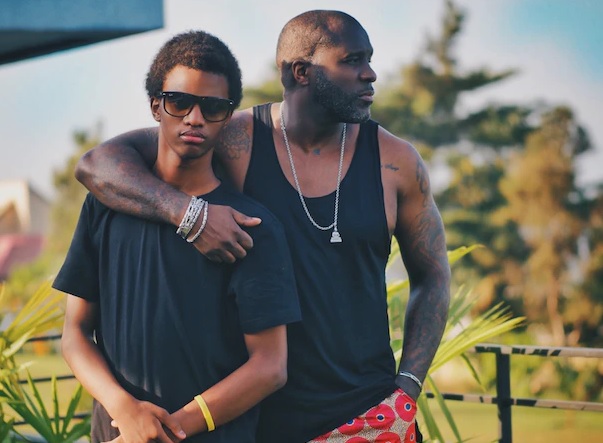The saying, “World’s Greatest Dad” is a most curious one. For those fortunate to know that saying to be true – can everyone be right?
On one hand, it’s not literally possible. A more accurate classification might be, “One of the World’s Greatest Dads.” We haven’t met every dad on earth in order to accurately make this claim. And we also know that “greatness” is in the eye of the beholder. There is no quantifiable measuring stick for the significance of a person.
On the other hand, there can be no debating such a declaration. If you know this to be true, you know you were graced with the Greatest Dad, hands down. He never stops validating it, and there are conclusive examples of his love nonstop from birth to present day.
The funny thing is, whenever you make this claim, no arguments ensue. If one were to make other proclamations, such as the greatest pizza, NHL forward, or president – disagreements would arise. Yet you could hear someone else tell you his dad is the greatest, and you’d merely nod and smile while acknowledging he’s right, and knowing that you are, too.
And if there’s so many great dads, why do we need national institutions and its billboards insisting that there’s a fatherhood crisis? That we need to “Take time to be a dad today”? We don’t see these exhortations for moms. So why perpetuate an unfair stigma about dads? Both parents need support. The truth is that the responsible, active dads far out-number the negligent ones.
The entertainment and media industry are often responsible for this misrepresentation of fatherhood. Even today, a dad who takes care of the children alone or handles household chores is referred to as Mr. Mom. Yet he’s not a mom, nor a replacement for mom; he’s an equal, competent parent who’s simply a dad.
A few years ago, there was a news story titled, “Dads are wired to ‘mother’ too.” The awkward and inappropriate headline left dads both laughing and furious: no, dads are not wired to ‘mother’; they’re wired to ‘father.’
Being a dad is difficult work. Societal expectations still suggest dads need to provide monetarily, though today’s dads want to be present and not miss a thing. Pulling them off equally – trying to be the provider and caretaker – makes today’s dads all the greater.
So, no, there’s no fatherhood crisis. Fatherhood is alive and well, and there are a lot of great dads out there.
Chances are, you’re the Greatest One around.











